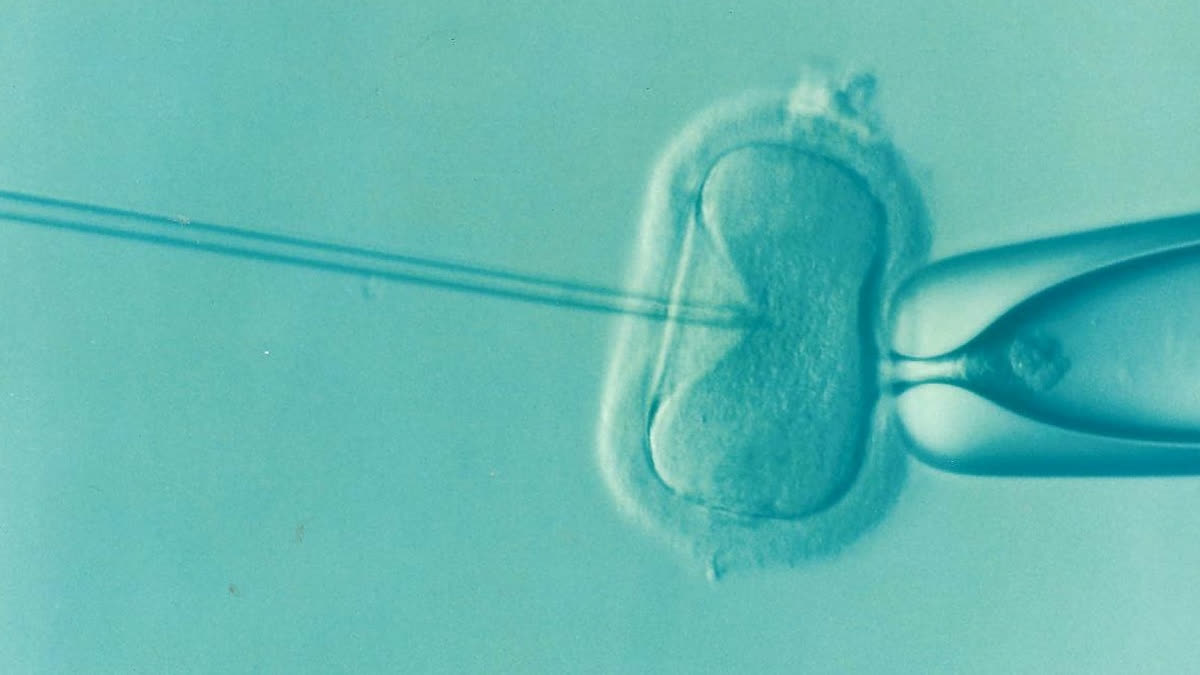London: A novel IVF procedure that aims to prevent children from inheriting incurable diseases has helped the birth of a baby with DNA from three people. While this is the first time in the UK, the first baby born via this technique was to a Jordanian family having treatment in the US in 2016. The baby's DNA is majorly from the two parents and - about 37 genes - from a third, a donor woman.
The procedure, known as mitochondrial donation treatment (MDT), approved by the UK parliament in 2015 and a regulatory body, the UK Human Fertilisation and Embryology Authority (HFEA). MDT uses tissue from the eggs of healthy female donors to create IVF embryos that are free from harmful mutations their mothers carry and are likely to pass on to their children, the Guardian reported. The embryos combine sperm and egg from the biological parents with tiny battery-like structures called mitochondria from the donor's egg.
The donor DNA is only relevant for making effective mitochondria, does not affect other traits such as appearance and does not constitute a "third parent", the BBC reported. MDT aims to help prevent children being born with devastating mitochondrial diseases - incurable and fatal within days or even hours of birth.
Also read:Taller nose in humans inherited from Neanderthals: Study
The technique pioneered by researchers at Newcastle University has led to the birth of nearly five babies to date in the UK, but no further details have been released, the reports said. The Newcastle team aim to offer treatment for up to 25 women a year affected by mitochondrial disease but the treatment could be held back if they don't have enough healthy donated eggs.
"Egg donation for mitochondrial donation treatment differs from other forms of egg donation in that the donor's nuclear genetic material will not be used for treatment," said Dr Meenakshi Choudhary, a Consultant Gynaecologist at the Newcastle Fertility Centre. Mitochondrial diseases are caused by inherited mutations in the DNA contained in mitochondria - tiny structures present in every cell that generate energy.
Known as 'mitochondrial donation' the IVF technique involves replacing faulty mitochondria inherited from the mother with the healthy mitochondria of another woman. Mitochondrial diseases are genetic conditions affecting the batteries of the cell, with around one in 4,300 affected children born every year. Symptoms include muscle weakness, blindness, deafness, seizures, learning disabilities, diabetes, heart and liver failure. There is no cure for mitochondrial DNA disease and affected children often sadly die in early infancy. (IANS)
(This story has not been edited by ETV Bharat and is auto-generated from a syndicated feed.)
